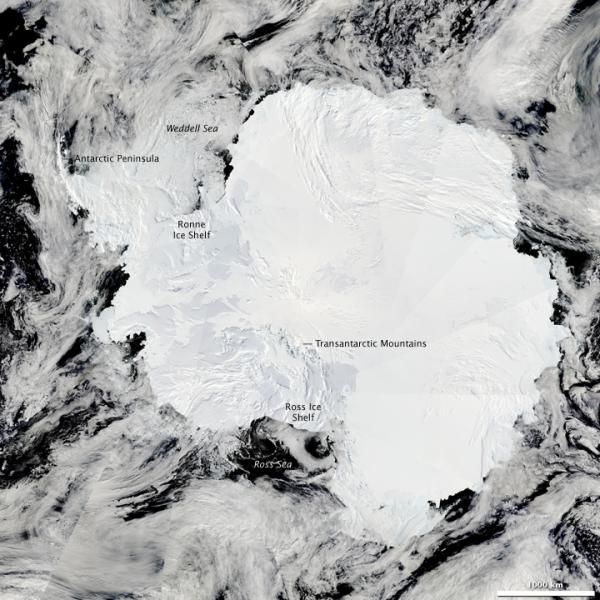
Lake Vostok Drilling Mission Iced

In a race against time to reach an untouched lake in Antarctica, time won.
A Russian team was drilling toward Lake Vostok, a pristine freshwater lake buried 12,300 feet (3,750 meters) under the Antarctic ice. That mission has been iced for now, reports Nature News.
The director of Russia's Antarctic program, Valery Lukin, told Nature that drilling at Antarctica's Lake Vostok stopped on Feb. 5 at a depth of 12,200 feet (3,720.47 meters). The operation had to be halted so that the research team could make it off the ice and onto the last flight before the beginning of the Antarctic winter season. The drilling team left by aircraft on Feb. 6, and will have to wait until the next austral summer begins in December to try again.
News reports over the weekend said the Russians were poised to breach the lake, but Lukin was skeptical the team would finish . Lukin had previously told Nature that the drilling team had planned to keep drilling and removing ice cores until they had to leave Antarctica on the last flight out before winter.
The scientists were attempting to drill through the ice to the lake's surface before the summer ended. The goal of the drilling is to remove lake water samples and analyze them for genetic evidence of life.
Lake Vostok has been undisturbed for 15 million years. It's a cold, dark place with virtually no nutrients or organic carbon, similar to the expected environment on Jupiter's moon Europa. Some think the lake may hold microorganisms in the sediment or bedrock, a discovery that would boost hopes that a similar find could be made on Europa.
- The Coldest Places on Earth
- Infographic: Tallest Mountain to Deepest Ocean Trench
- North vs. South Poles: 10 Wild Differences
Reach OurAmazingPlanet staff writer Brett Israel at bisrael@techmedianetwork.com. Follow him on Twitter @btisrael.
Sign up for the Live Science daily newsletter now
Get the world’s most fascinating discoveries delivered straight to your inbox.










